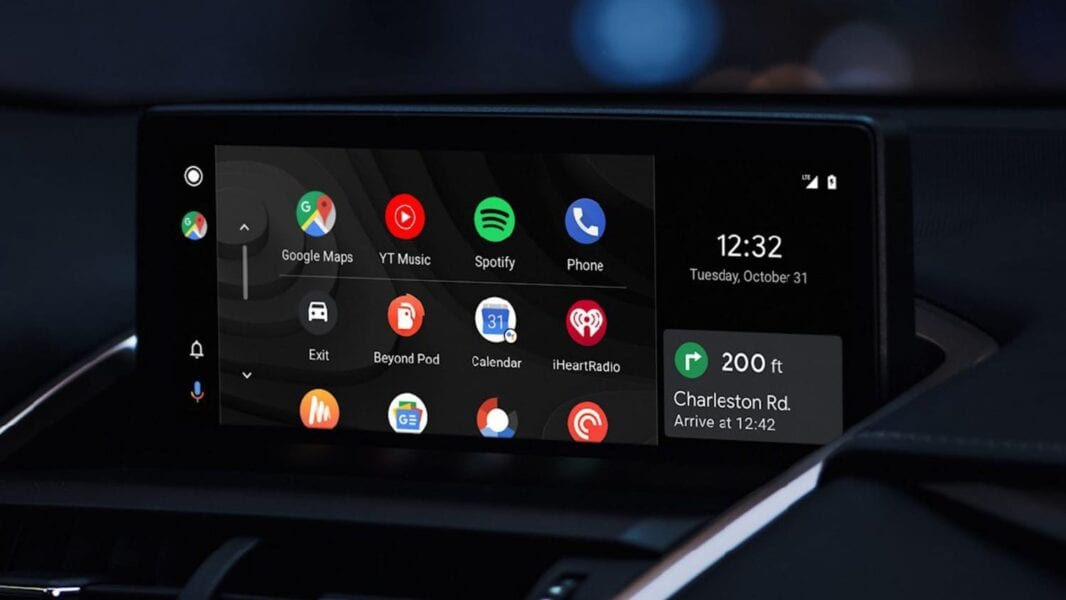
Is it dangerous to update the software of your car?
Content
More and more people have already faced a similar situation: they updated their laptop or smartphone, only instead of improving its performance, the opposite is found. If it didn't stop working at all. Updates are often a means by manufacturers to force customers to buy new hardware and discard old hardware.
Car software update
But what about cars? A few years ago, Elon Musk said the famous words: "Tesla is not a car, but a computer on wheels." Since then, the system with remote updates has been transferred to other manufacturers, and will soon cover all vehicles.

But should we worry about these updates - especially since unlike smartphones, cars usually don't even want your consent to do so?
Problems with updates
A recent incident with a California used Tesla Model S buyer has drawn attention to the topic. This is one of those cars in which the company mistakenly installed its famous autopilot, and the owners did not pay 8 thousand dollars for this option.
Subsequently, the company conducted an audit, discovered its flaw and remotely turned off this function. Of course, the company offered to restore the autopilot for them, but only after paying the price indicated in the additional support catalog. The squabbles took months and almost went to trial before the company agreed to a compromise.
It's a delicate question: Tesla is under no obligation to support a service for which it has not received payment. But on the other hand, it is unfair to remotely remove the car function for which money was paid (for those customers who ordered this option separately, it was also disabled).

The number of such functions, which can be added and removed remotely, continues to grow, and the question arises whether they should follow the buyer and not the car. If a person buys a Model 3 on autopilot and replaces it with a newer one after three years, shouldn't they keep a feature they've already paid for once?
After all, there is no reason for this mobile software service to depreciate at the same rate as the physical machine (43% in three years in the case of Model 3) because it does not wear out or depreciate.
Tesla is the most typical example, but in fact these questions apply to all modern car manufacturers. How much can we allow companies to control our personal car?
What if someone from headquarters decides that the software should alarm every time we exceed the speed limit? Or turn the media we’re used to into a completely redesigned mess, as is often the case with phones and computers?
Updates over the network
Online updates are now an integral part of life, and it is strange that car manufacturers have not agreed on how to do it. Even with cars, they're not new—the Mercedes-Benz SL, for example, got the ability to update remotely in 2012. Volvo has had this functionality since 2015, FCA since early 2016.
This does not mean that everything is going smoothly. For example, in 2018 SiriusXM (the American radio network contracted with FCA) released a multimedia update for Jeep and Dodge Durango. As a result, it not only completely blocked access to navigation, but also deactivated the mandatory emergency call systems of car rescue services.

With just one update in 2016, Lexus managed to completely kill its Enform information system, and all damaged cars had to be taken to repair shops.
Some companies try to protect their vehicles from such mistakes. In the electric I-Pace, British Jaguar has built a system that returns the software to factory defaults if an update is interrupted and thus the vehicle continues to function. In addition, owners can opt out of updates or schedule them for a different time so that the update does not catch them away from home.

The benefits of remote software updates
Of course, remote system updates can be very helpful too. So far, only about 60% of owners have benefited from service promotions in the event of a manufacturing defect. The remaining nearly 40% drive faulty vehicles and increase the risk of accidents. With online updates, most issues can be fixed without visiting the service.
So in general, updates are something useful - only they should be applied with personal freedom in mind and very carefully. There is a big difference between a bug that kills a laptop and shows a blue screen, and a bug that blocks the car's basic security systems while on the move.

